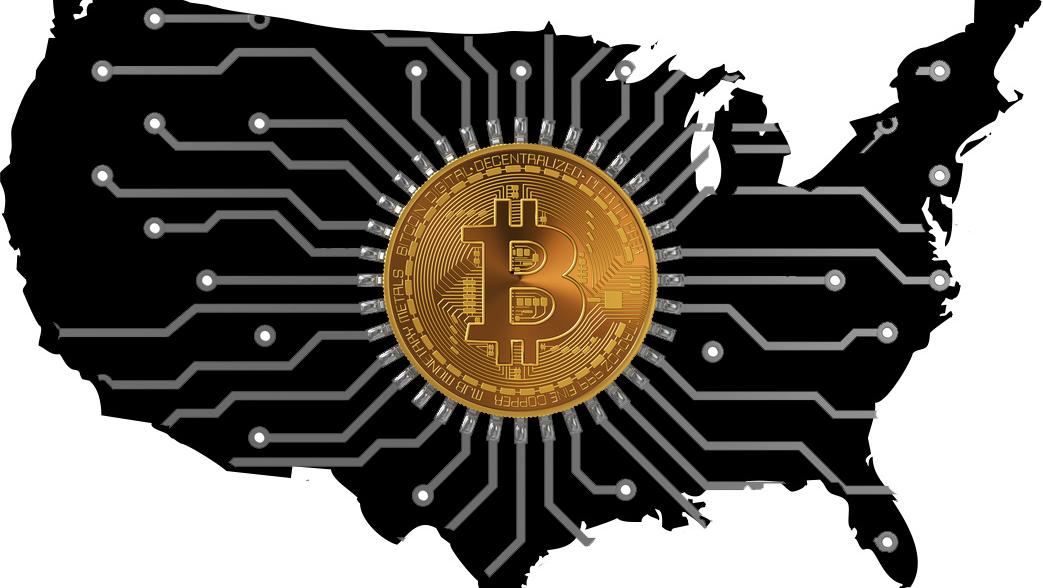PALO ALTO, Calif. (Reuters) - The Federal Reserve is taking a look at a broad series of problems around digital payments and currencies, including policy, style and legal factors to consider around potentially releasing its own digital currency, Governor Lael Brainard stated on Wednesday. Brainard's remarks suggest more openness to the possibility of a Fed-issued digital coin than in the past." Article source By transforming payments, digitalization has the possible to deliver higher worth and benefit at lower expense," Brainard stated at a conference on payments at the Stanford Graduate School of Service.
Reserve banks internationally are disputing how to handle digital financing technology and the dispersed ledger systems utilized by bitcoin, which assures near-instantaneous payment at potentially low cost. The Fed is developing its own round-the-clock real-time payments and settlement service and is presently examining 200 remark letters sent late last year about the suggested service's design and scope, Brainard stated.
Less than two years ago Brainard told a conference in San Francisco that there is "no compelling demonstrated need" for such a coin. But that was before the scope of Facebook's digital currency ambitions were extensively understood. Fed authorities, including Brainard, have raised issues about customer protections and information and privacy hazards that might be posed by a currency that might enter into usage by the 3rd of the world's population that have Facebook accounts.
" We are teaming up with other reserve banks as we advance our understanding of main bank digital currencies," she stated. With more countries looking into providing their own digital currencies, Brainard stated, that contributes to "a set of factors to also be making sure that we are that frontier of both research study and policy advancement." In the United States, Brainard stated, problems that need research study include whether a digital currency would make the payments system more secure or easier, and whether it could posture monetary stability threats, consisting of the possibility of bank runs if money can be turned "with a single swipe" into the reserve bank's digital currency.

To counter the financial damage from America's unmatched national lockdown, the Federal Reserve has taken unmatched steps, consisting of flooding the economy with dollars and investing straight in the economy. The majority of these relocations received grudging approval even from numerous Fed skeptics, as they saw this stimulus as needed and something just the Fed might do.
My brand-new CEI report, "Government-Run Payment Systems Are Risky at Any Speed: The Case Against Fedcoin and FedNow," details the threats of the Fed's existing prepare for its FedNow real-time payment system, and propositions for central bank-issued cryptocurrency that have been dubbed Fedcoin or the "digital dollar." In my report, I go over issues about privacy, information security, currency control, and crowding out private-sector competition and development.
Supporters of FedNow and Fedcoin say the government must develop a system for payments to deposit quickly, rather than encourage such systems in the personal sector by raising regulative barriers. However as noted in the paper, the economic sector is offering a seemingly limitless supply of payment innovations and digital currencies to resolve the problemto the degree it is a problemof the time space in between when a payment is sent out and when it is gotten in a bank account.
And the examples of private-sector development in this area are numerous. The Clearing Home, a bank-held cooperative that has actually been routing interbank payments in different kinds for more than 150 years, has been clearing real-time payments because 2017. By the end of 2018 it was covering half of the deposit base in the U.S.